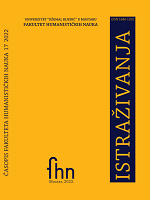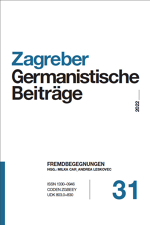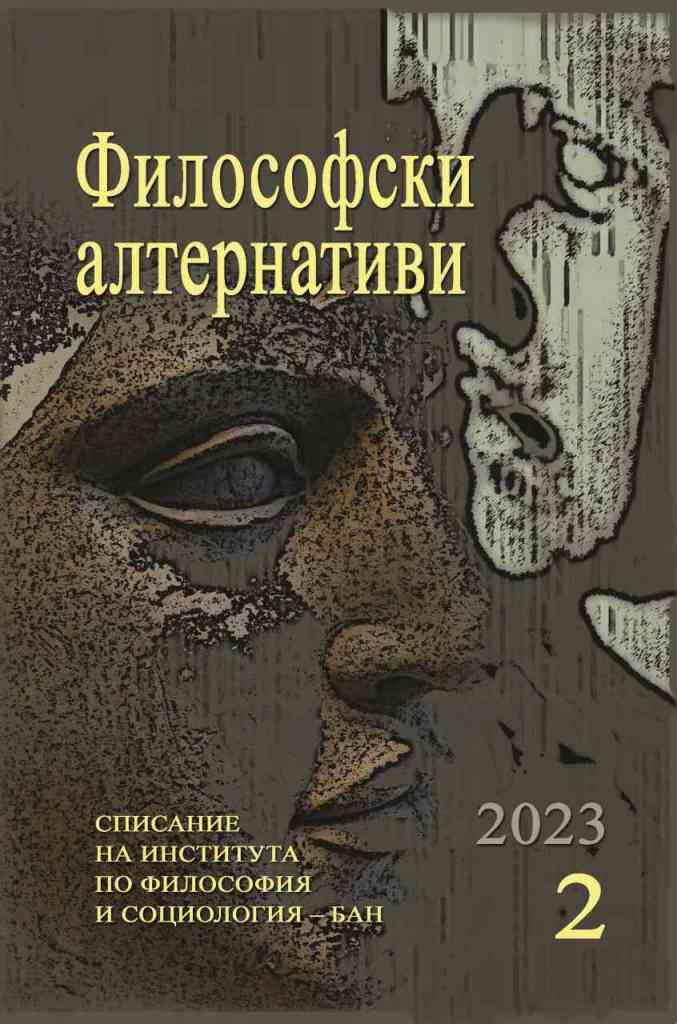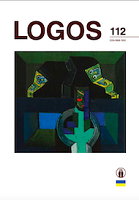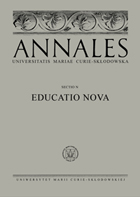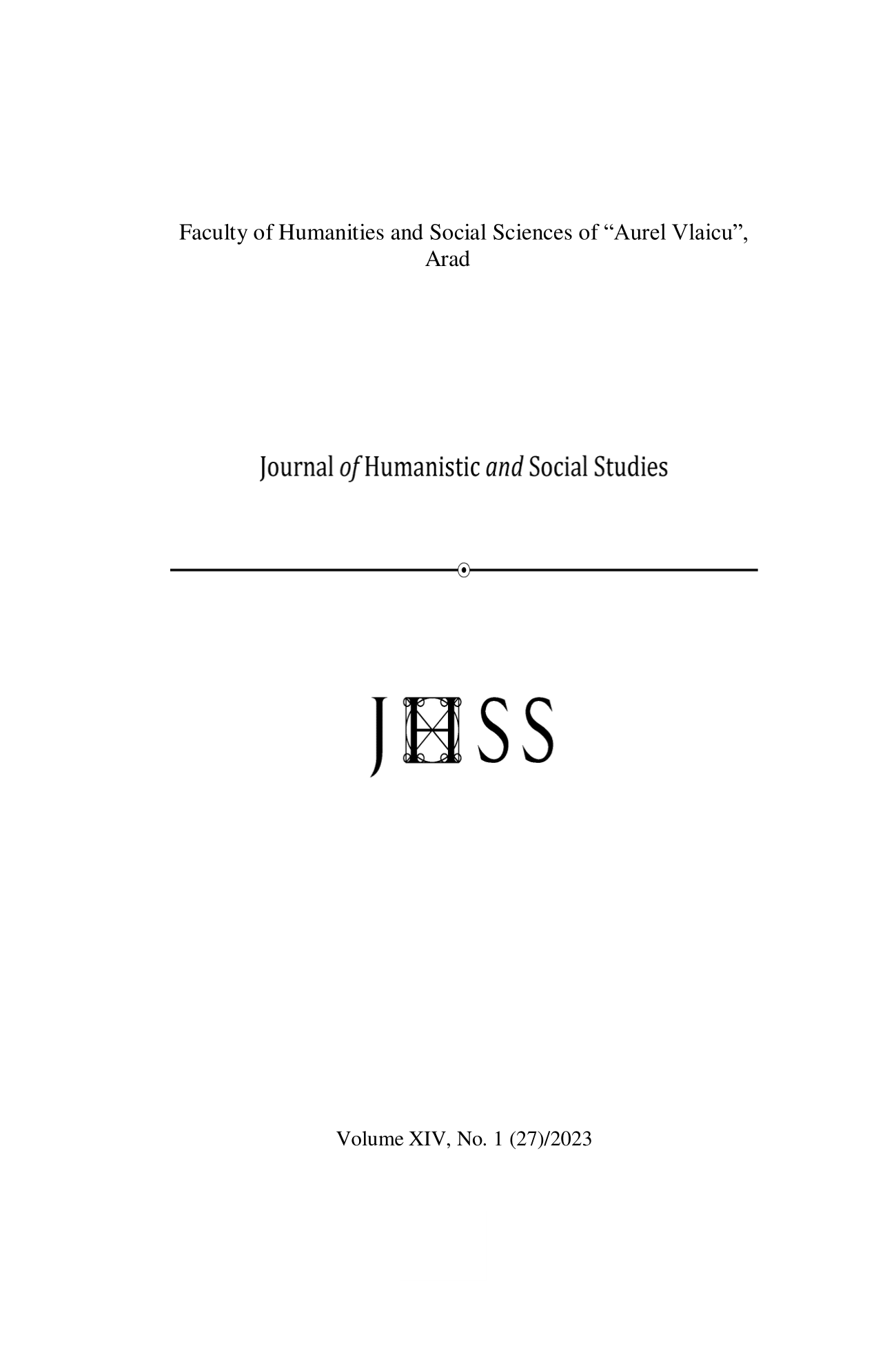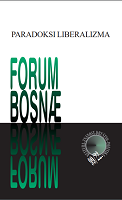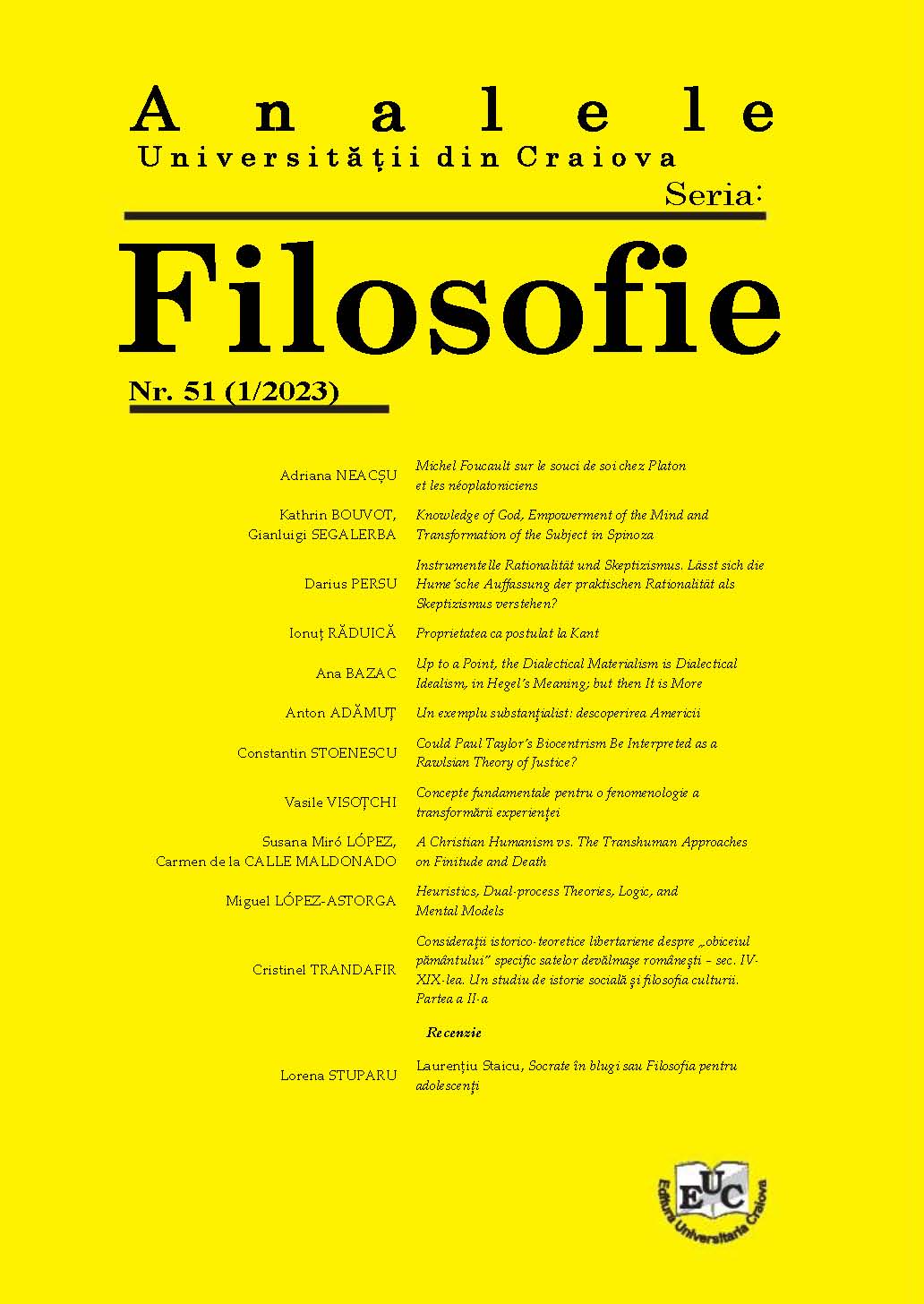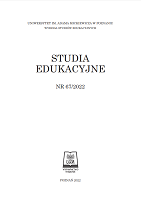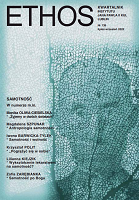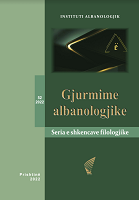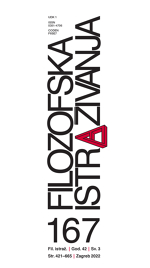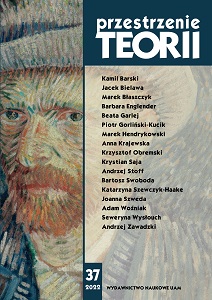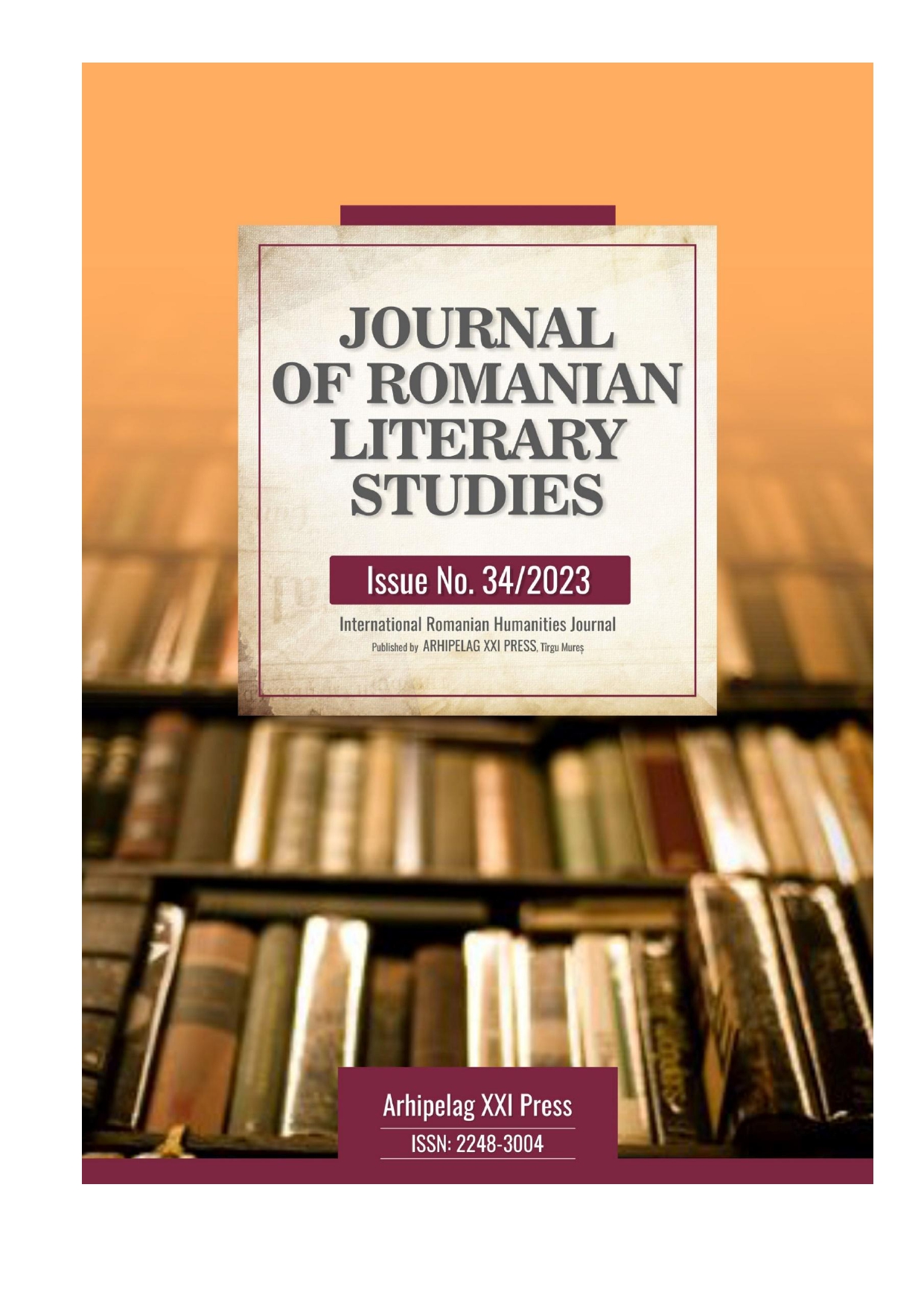Author(s): Andrzej Zawadzki / Language(s): Polish
Issue: 37/2022
The article presents an attempt to outline, from a mainly typological and partly historical perspective, what the author considers the most important varieties of the relationship between philosophy and literature (which is, of course, understood here in a working and broad sense, as poesis). In the first of these varieties, for which the fundamental significance is Plato’s gesture of excluding poets from the state, the philosophical logos defines itself in opposition to literature, or mythos. In the second, which appears to predominate from Aristotle to the 18th century, the relationship between philosophy and literature takes on a more neutral character: the former provides the latter with motifs, themes, topics, mainly related to moral philosophy in the broadest sense, while the latter provides the former with discursive modes, such as genre. Modern aesthetics and the philosophy and theory of literature (fundamentally different from the tradition of the great poets and rhetoricians of the 16th and 17th centuries), which emerged together with transcendental philosophy and its reception in German Romanticism, contributed both to the increased interest among philosophers in literature and to a clear embedding, or even closing, of literature in philosophical notions, which originated mainly in the tradition of transcendentalism and dialectical thought. Finally, the beginning of the twentieth century is distinguished, in most of the major continental philosophical traditions, by a tendency to seek, or to find, in literature the most important partner of philosophical thinking, and sometimes even the identity of philosophy.
More...


